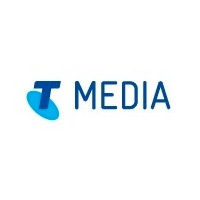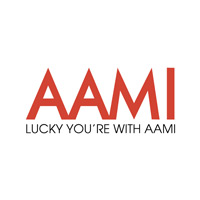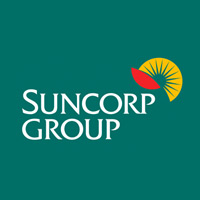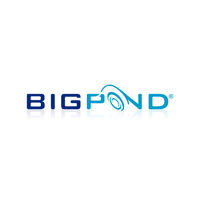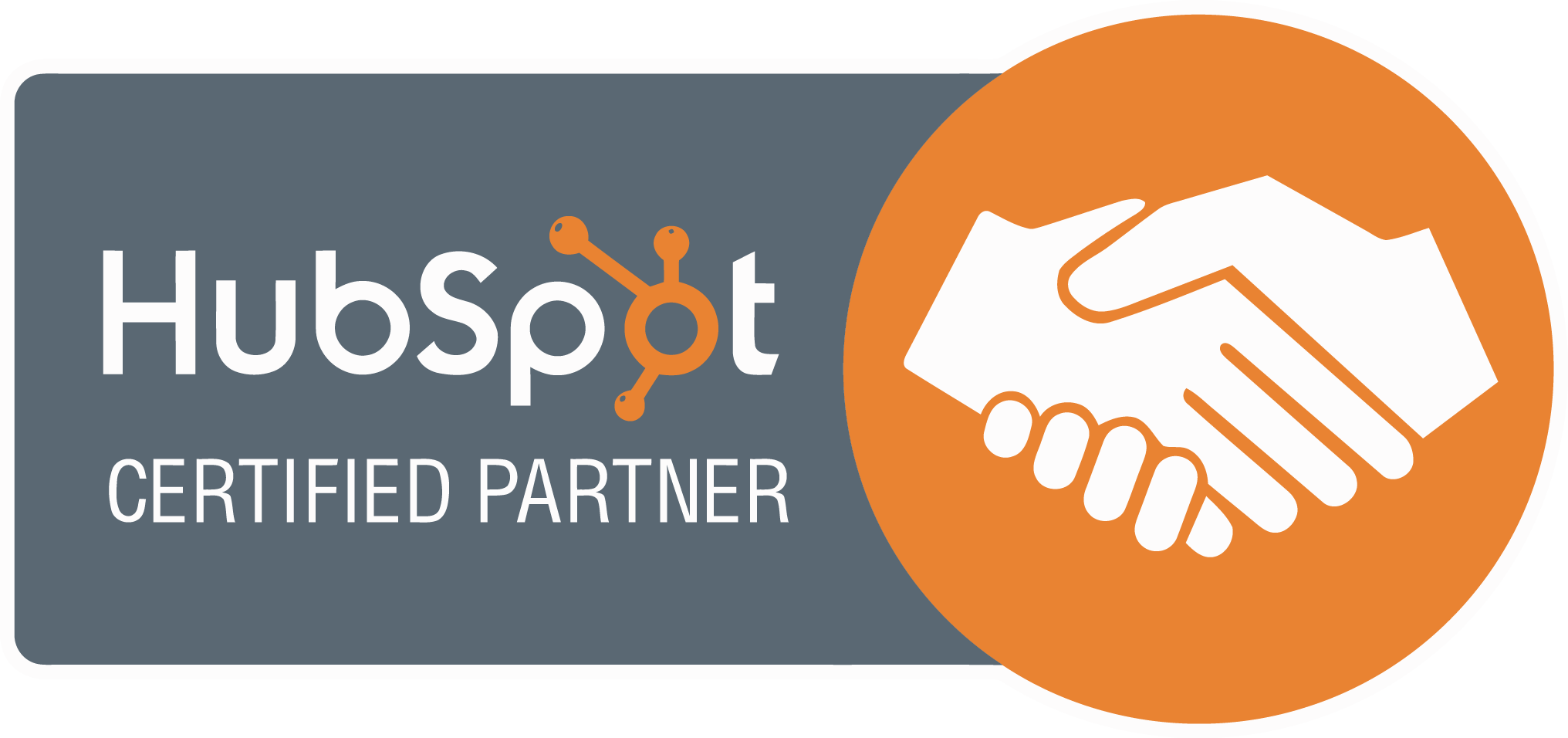Recently, Bing updated it’s webmaster guidelines to include a section that details how they rank your content. It has been a fair number of years since Bing has made changes to its guidelines which date back as far as 2012.
In its new guidelines, Bing has also included some insightful updates which include how Bing crawls websites, how it indexes, ranks web pages and in addition how Bing handles webspam – Read Bing’s Guidelines
There is also a section that offers website owners recommendations on practices to avoid. We’ll go over the highlights below.
Bing’s Positive Ranking Factors for Content
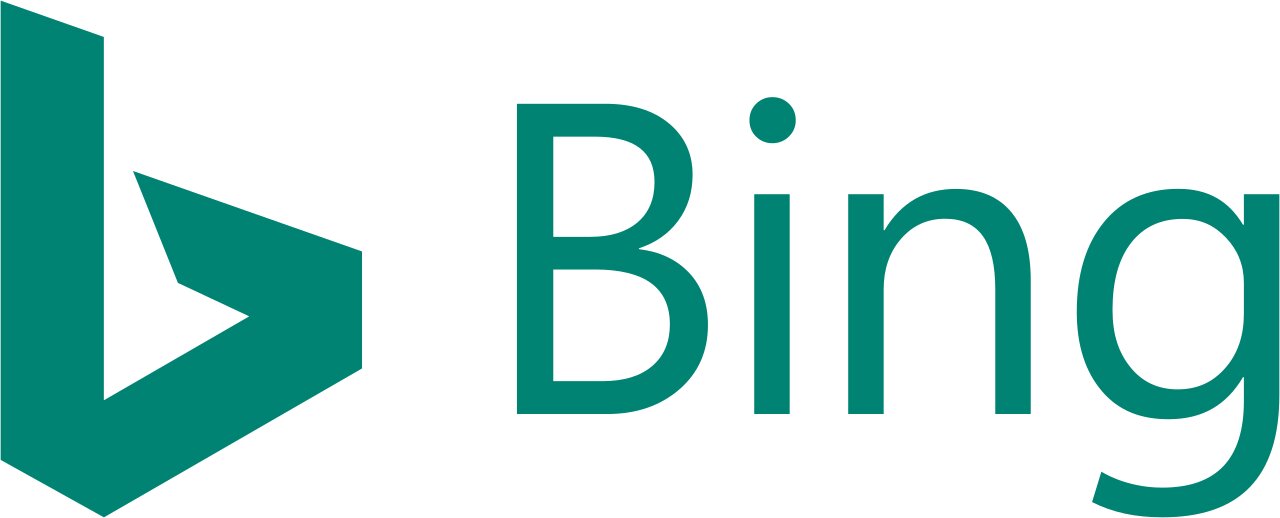
If webmasters wish to pay for more exposure, advertising on Bing is done through Microsoft Advertising platform.
The following factors will influence your results:
- Engagement – User engagement is a big factor. Bing looks at whether or not the user reformulated their search query, whether a user returned to Bing straight away or spent time on the results they clicked on, and whether the users clicked through to the search results. They also look at what users clicked on.
- Relevance – This refers to how closely your landing page matches the search query intent.
- Content Freshness – Bing likes sites that routinely put out up-to-date content and information.
- Credibility and Quality – Bing looks at the site or author’s reputation, the website itself, and the discourse level.
- Load Time – The faster your pages load, the better Bing ranks it.
- Location – Bing looks at the user’s city and country, the language you use, the page’s host location, and visitor location.
Bing’s Negative Ranking Factors for Content

Authorship transparency, content completeness, name-calling, or using derogatory language to make a point are all negative. Bing can demote you if you sell products that are offensive, too. If your pages can potentially cause harm to people, Bing will take action.
Bing has also expanded in its guidelines in a section which is titled “Abuse and Things to Avoid” where they have added several recommendations on practices webmaster shouldn’t be doing, these include the following:
- Content That Is Automatically Generated – Bing recommends avoiding automatically generated content through the use of third-party software or tools.
- Copied Content – Copied or scraped content from other sources doesn’t give any value to your users, and you’re getting very close to copyright infringement.
- Malicious Behaviors – This includes site hacks or intentional behaviours that can lead to a demotion.
- Non-Valuable Affiliate Programs – Bing can delist and demote websites that use affiliate programs that add no further value to the content beyond linking to specific products.
Image Usage and Limits

For links, limit the number of links you have on any given page to a few thousand or less. Although there is no defined limit, you should keep the number of pages on your website to a reasonable amount.
Finally, put a limit on how much you use dynamic loading resources so they don’t bog down your loading time.
Bottom Line
These are Bing’s newest webmaster guidelines: we recommend a read of them for your website and to be familiar with the fundamental principles behind how Bing crawls, indexes and ranks content in its search results.
This will also help reduce the chances that Bing will demote website content and can assist in driving more organic traffic.
Subscribe to our blog
Amire covers all aspects of SEO, join our readers to get valuable industry insights, trends, tips and more.

